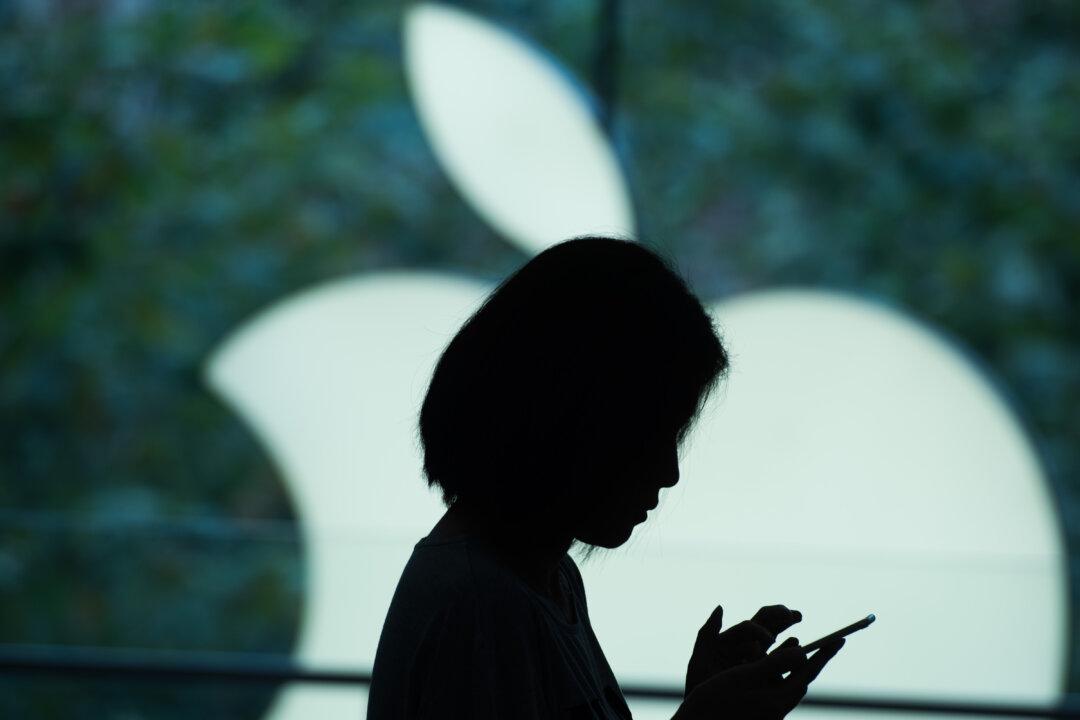Commentary
Apple has a new privacy feature, but not for its customers in China, nor for customers on a list of usual-suspect dictatorships that tend to tag along with China. The new privacy feature masks a customer’s unique IP address from advertisers, internet service providers, governments, and other third parties with which the customer interacts. Thus third parties can’t discover the customer’s identity or location, and Apple will not know which websites its customers are visiting. That means the privacy of Apple customers improves.





